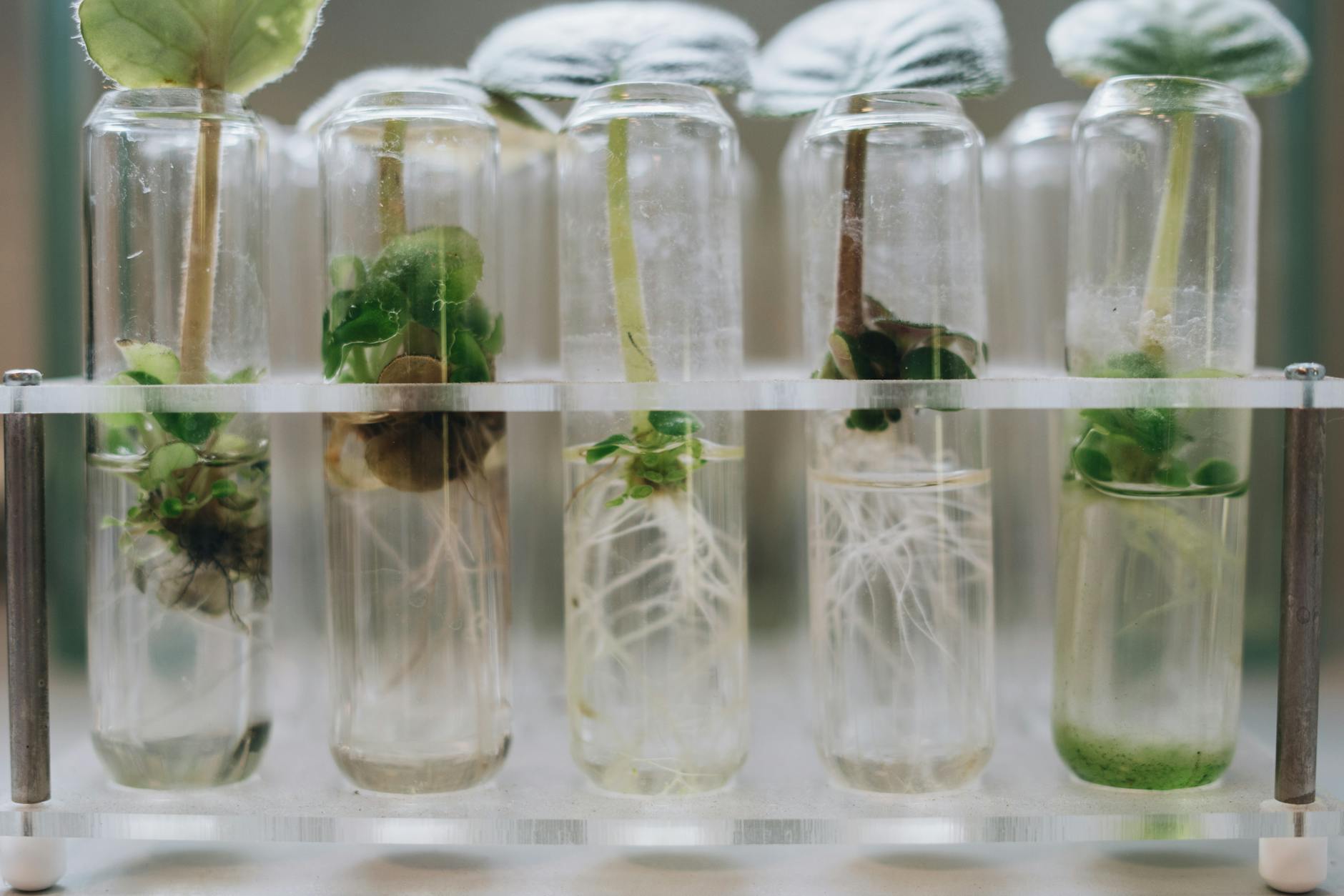Revolutionizing Agriculture: How Biotechnology is Transforming Farming Practices

The Role of Biotechnology in Modern Agriculture
Biotechnology has revolutionized the agricultural industry by incorporating cutting-edge scientific advancements into farming practices. From genetically modified crops to precision agriculture techniques, the use of biotechnology has significantly enhanced the efficiency, productivity, and sustainability of agriculture.
Genetically Modified Organisms (GMOs) and Crop Improvement
One of the most prominent applications of biotechnology in agriculture is the development of genetically modified organisms (GMOs). GMOs are engineered to possess desirable traits such as pest resistance, drought tolerance, and increased nutrient content. These genetically modified crops have enabled farmers to achieve higher yields, reduce pesticide use, and adapt to challenging environmental conditions.
Precision Agriculture and Data-Driven Farming
Another area where biotechnology has made a significant impact is precision agriculture. By utilizing technologies such as GPS, sensors, drones, and data analytics, farmers can optimize their farming practices with unprecedented precision. These data-driven approaches allow farmers to monitor crop health, soil conditions, and weather patterns in real-time, leading to more informed decision-making and resource allocation.
Sustainable Agriculture and Environmental Conservation
Biotechnology plays a crucial role in promoting sustainability and environmental conservation in agriculture. By developing crops that require fewer inputs, produce higher yields, and reduce environmental impact, biotechnologists are helping farmers improve their ecological footprint. Additionally, biotechnology enables the production of biofuels, biodegradable packaging materials, and bioremediation solutions, further contributing to a more sustainable agricultural system.
Challenges and Future Prospects
Despite its numerous benefits, biotechnology in agriculture also faces challenges such as regulatory hurdles, public perception issues, and ethical considerations. However, with ongoing research and technological advancements, the future of biotechnology in agriculture looks promising. Innovations in gene editing, nanotechnology, and synthetic biology hold the potential to further transform farming practices and address global food security challenges.





